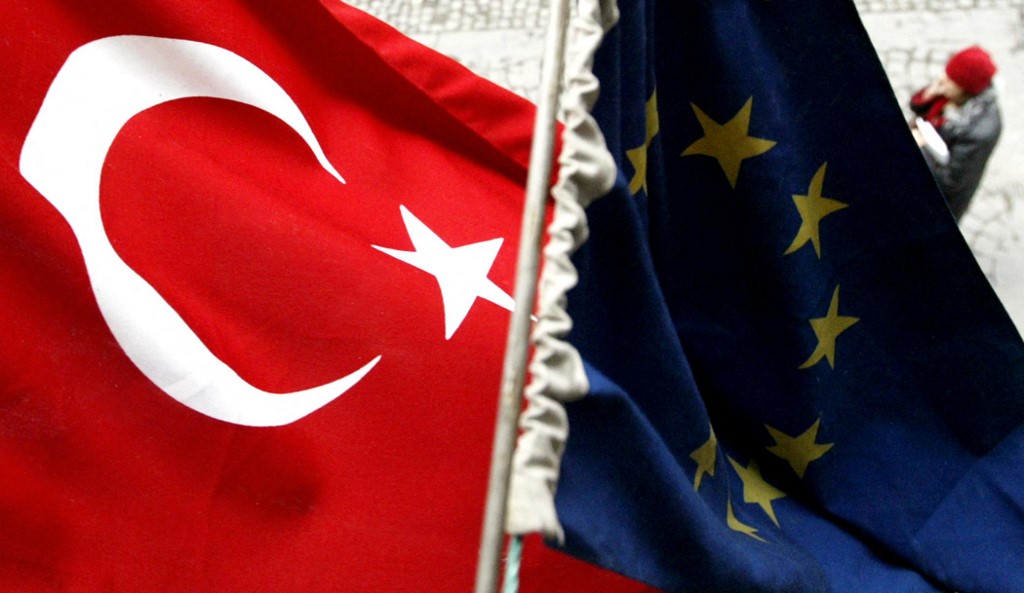Turkish Foreign Minister Hakan Fidan said Monday that Turkey has not received an invitation to join the BRICS bloc of emerging economies while accusing the European Union of adopting an “Islamophobic” approach that has stalled Ankara’s long-standing membership bid, the state-run Anadolu news agency reported.
Speaking at a joint press conference in Ankara with Russian Foreign Minister Sergey Lavrov, Fidan addressed Turkey’s evolving foreign policy and global alliances.
He confirmed that BRICS — comprising Brazil, Russia, India, China, South Africa, Iran, Egypt, Ethiopia, Indonesia and the United Arab Emirates — has suspended new member admissions.
“We are closely following BRICS and have clearly shown our interest. However, as far as we understand, BRICS has currently suspended new member admissions as part of its institutional consolidation. We haven’t received a membership offer, so for now, we will continue observing developments,” Fidan said.
As of last month, BRICS represents approximately 54.6 percent of the world’s population and accounts for about 42.2 percent of global GDP. The bloc is expanding, with nine additional partners — Belarus, Bolivia, Cuba, Kazakhstan, Malaysia, Nigeria, Thailand, Uganda and Uzbekistan — on the path to full membership.
Despite being seen in the West as a counterweight to NATO, of which Turkey is a member, Fidan praised BRICS for its inclusivity, contrasting it with what he described as the EU’s exclusivity.
“Unlike the European Union, BRICS has a remarkably inclusive composition. It brings together countries of every color, religion, culture and civilization — Muslim, Christian, Hindu, Buddhist; Black, White — creating a platform that embraces diversity. I hope this leads to an economic approach that is both institutionalized and inclusive,” he said.
Fidan also argued that Turkey’s long-standing EU accession bid has been hindered by reluctance to accept a large Muslim-majority country.
“No one says this outright, but that’s the reality,” he said.
Turkey’s EU membership journey began in 1963 with the signing of the Ankara Agreement, establishing an association with the European Economic Community. This relationship deepened in 1995 with a customs union agreement, allowing tariff-free trade but falling short of full membership. Turkey was granted official EU candidate status in 1999, and accession negotiations began in 2005.
However, talks have stalled due to concerns over human rights, democratic governance and the unresolved Cyprus dispute. Tensions escalated after a 2016 coup attempt in Turkey, followed by political crackdowns that raised concerns in European capitals. Fidan now partly attributes the frozen negotiations to identity politics in the EU.
Despite these challenges, Turkey formally remains a candidate for EU membership.



